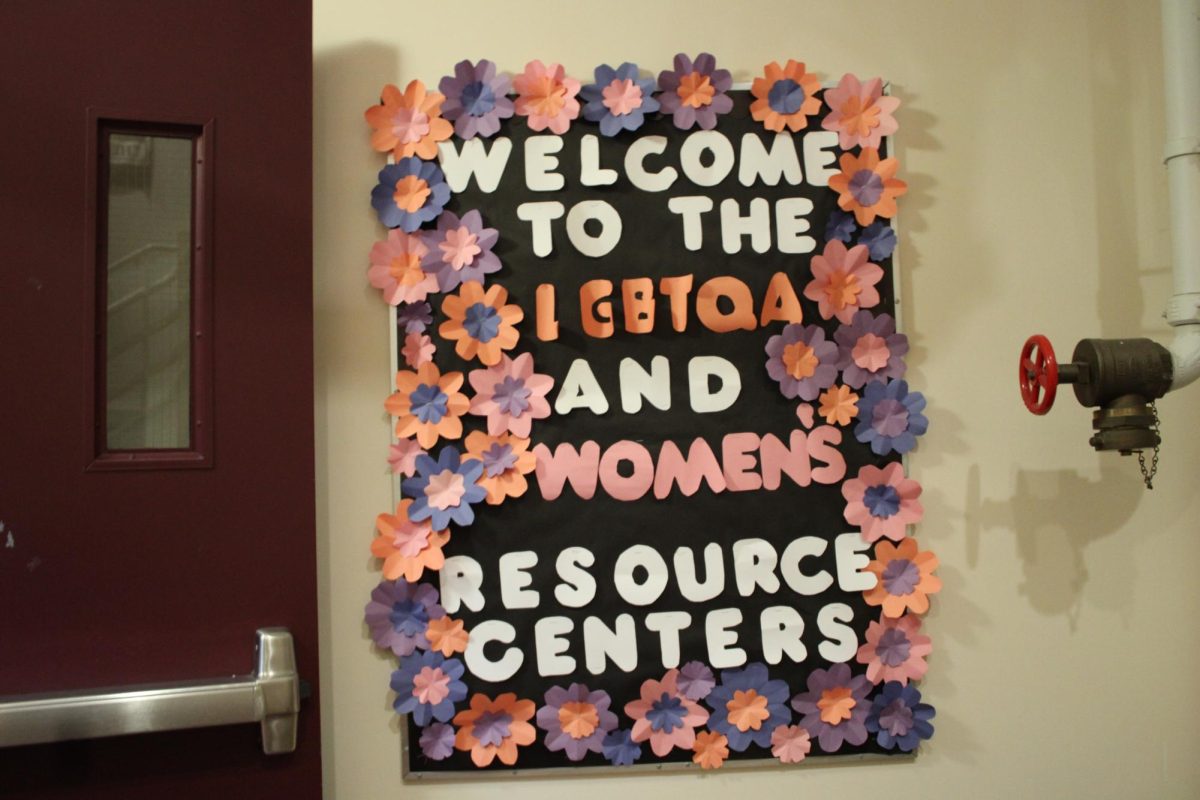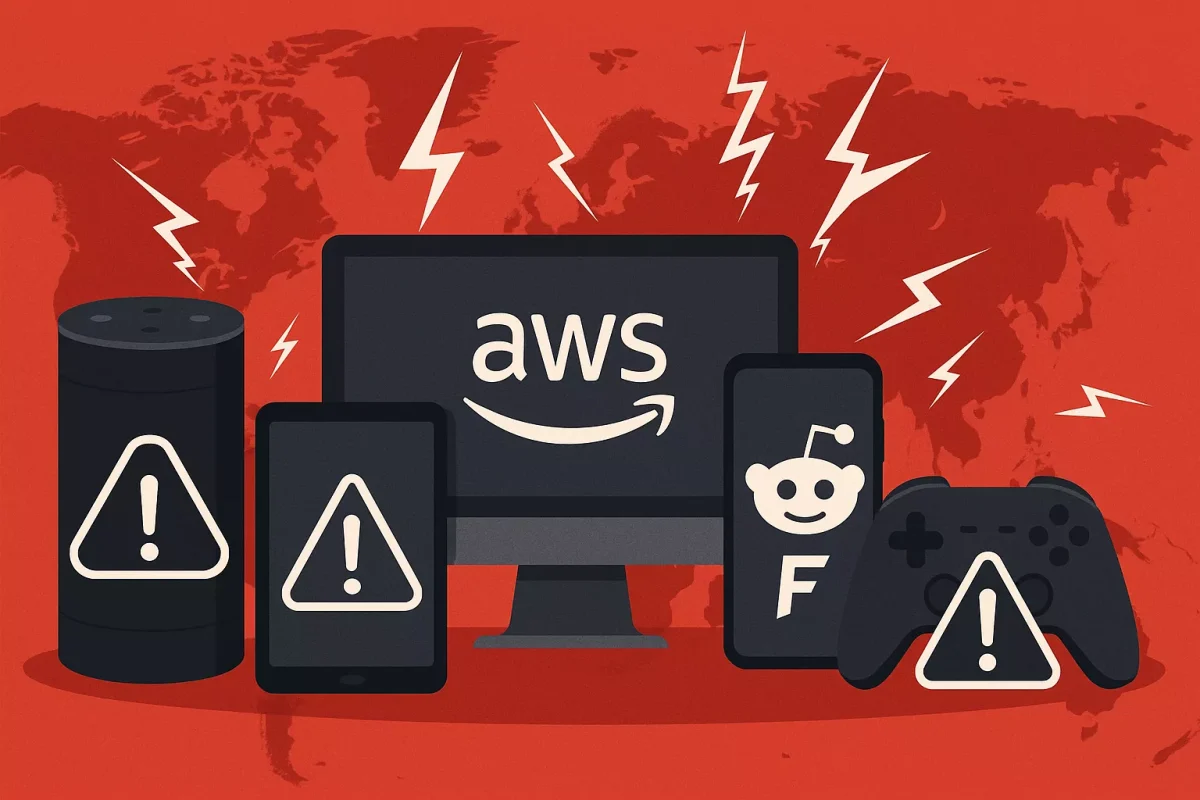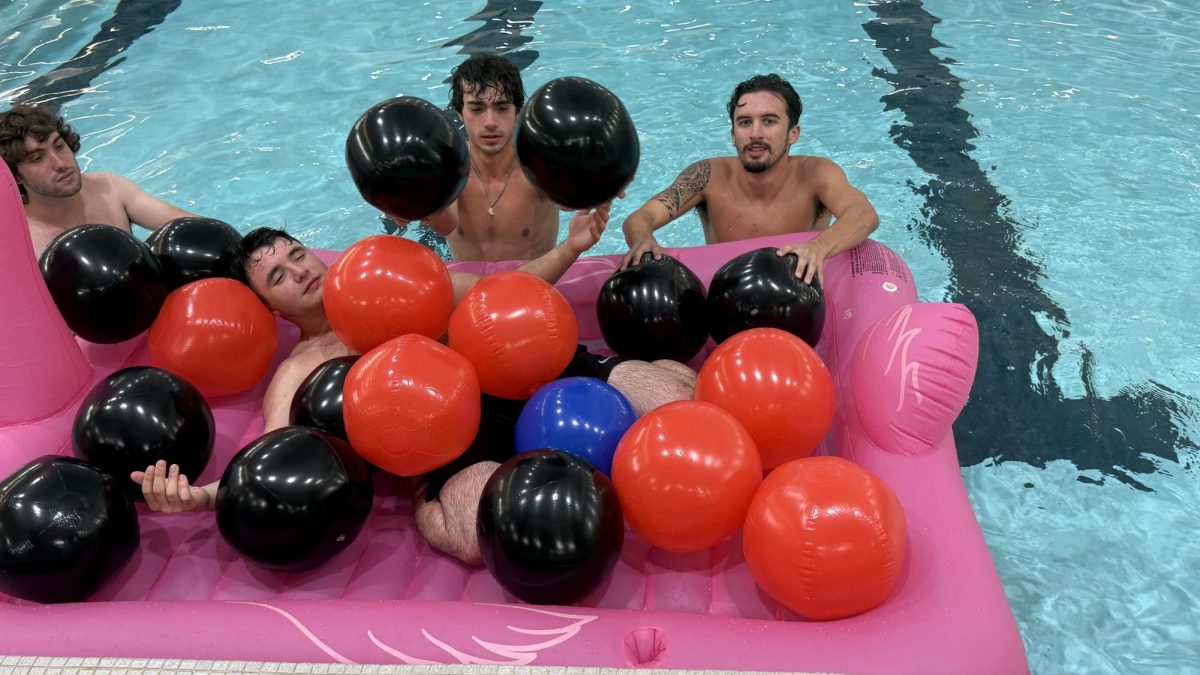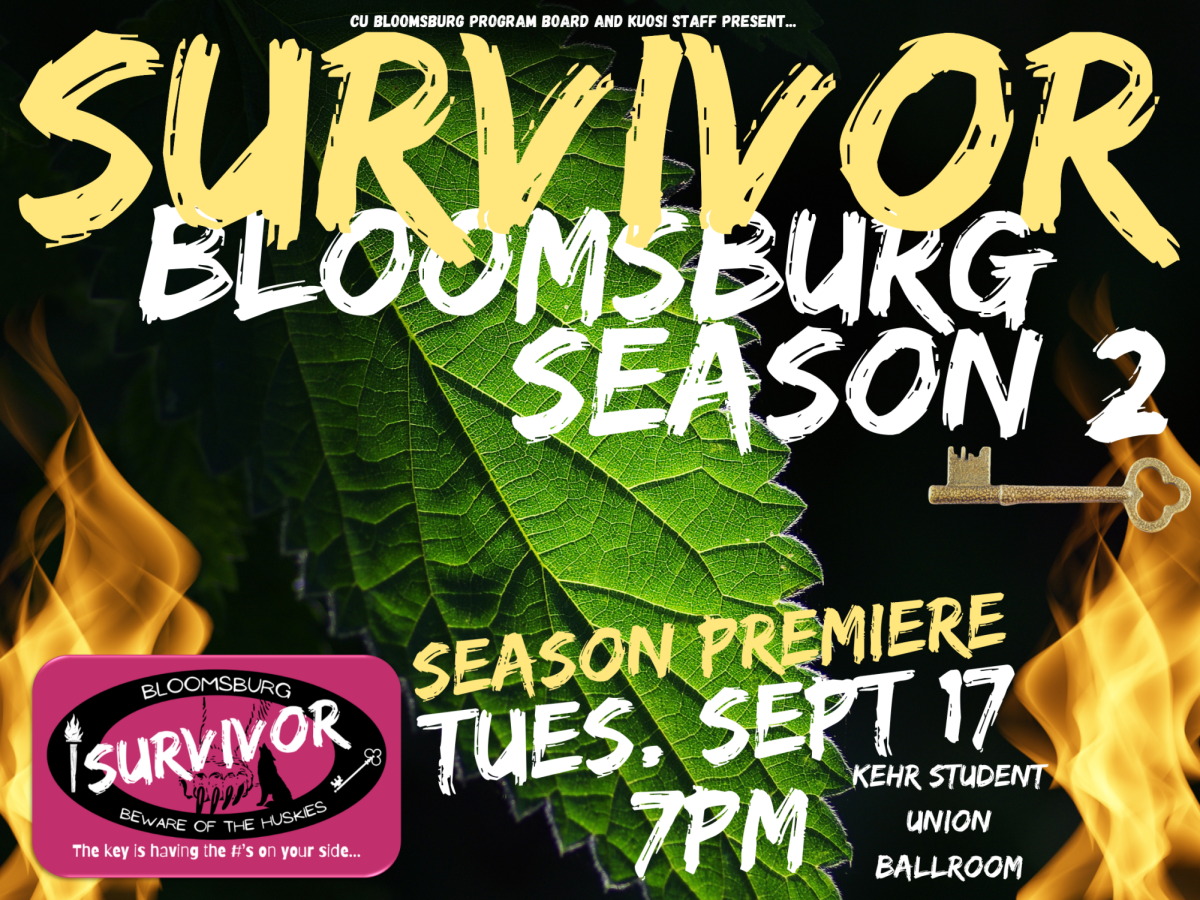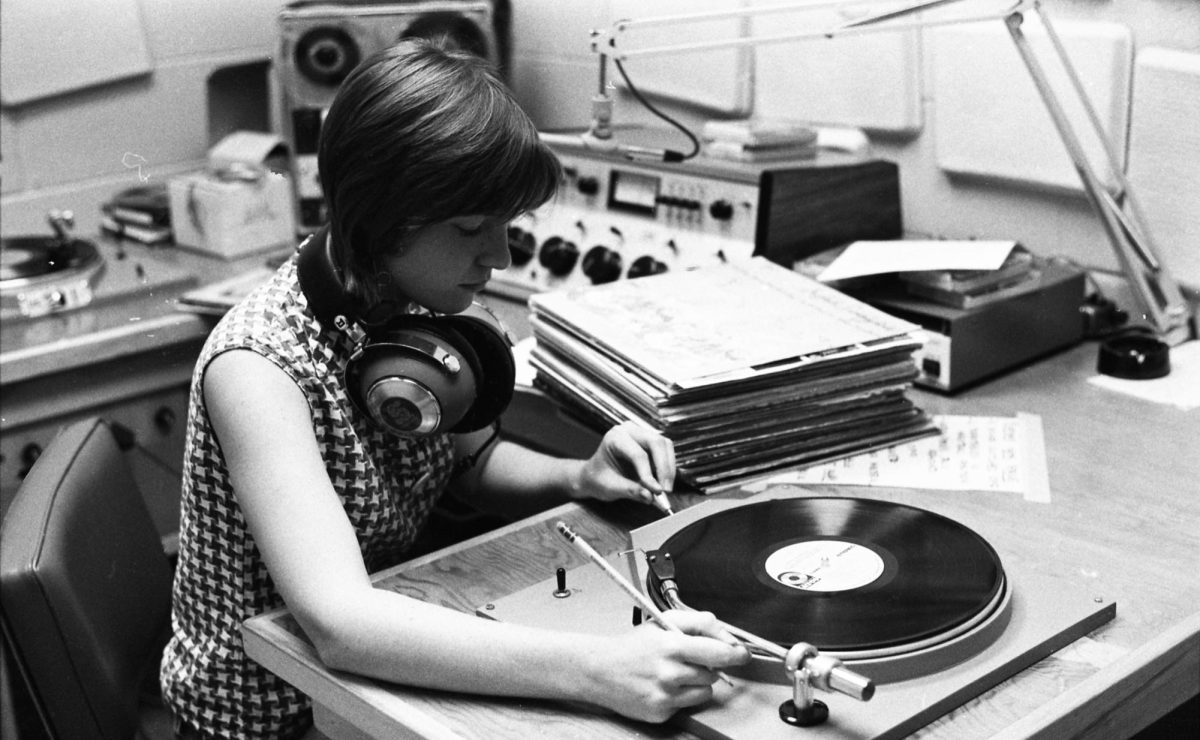The results of a recently-released study claim that trace amounts of plastic were found in the study participants’ fecal matter. All of these people drank from plastic water bottles, ate food wrapped in plastic and most ate fish. There were only 8 volunteers, but there were up to 500 micrometers worth of plastic in one sample of fecal matter.
This may be gross, but think about it; the plastic that was found in this fecal matter is what your body did not digest or absorb. What did your body take up? How does it affect your body?
There are many suggestions being made about how this can affect your body and ability to fight infections, but definite conclusions cannot yet be made. With a small study of 8 people, this is only the beginning of this vital research. This is still scary.
So why is this study important, you may ask? If we think about how those people ended up consuming plastic, it’s quite worrisome. We are consuming plastic because we use it so much and then we throw it away, leaving our environment to be contaminated by our own wastefulness.
We eat food wrapped in plastic. We drink beverages out of plastic bottles. How many of you eat a lunch every day that consists of granola bar wrapped in plastic? I’m more than guilty of that. It’s all around us. We are contaminating ourselves.
The other issue to be addressed is the vicious cycle that we have created of being dependent on disposable products that do not degrade. We eat and drink out of these plastic materials, and then what do we do? We throw them in the trash and rarely think about what happens after that. Much of those plastics are left to sit for thousands of years to degrade in our oceans and landfills.
You may be wondering why eating fish would somehow contribute to you eating plastic. 14 billion pounds of plastic go into the ocean every year!
It won’t be too long before there is more disgusting and repulsive plastic and trash in the ocean than beautiful sea creatures. As a result of this laziness, fish will end up eating trash and plastic, and then we eat what the fish eat. That goes for other critters like shrimp and lobsters too!
I know that this is highly depressing to think about, but we do not live in a sustainable world. It is well-known that our way of farming and agricultural systems is not sustainable in the least.
We wash away the soils and use up the nutrients. We waste precious resources and throw non-degradable things away to sit and sit for hundreds of lifetimes.
These are very difficult problems to deal with, especially on the individual level. But I can encourage this: try to be more sustainable in your everyday life. Use reusable water bottles and containers. When you grocery shop, use cloth bags. Support sustainable farming. Pick up trash when you see it on the sidewalk. Every little bit counts and every little bit matters.
It all sounds cliché at this point, but it really does matter! This is our future and we need to own it and care for what we have now. Respect Mother Earth and treat everything as a gift.
Micaela is a junior Anthropology major. She is the Vice President of the Anthropology club and is a staff writer for The Voice.


